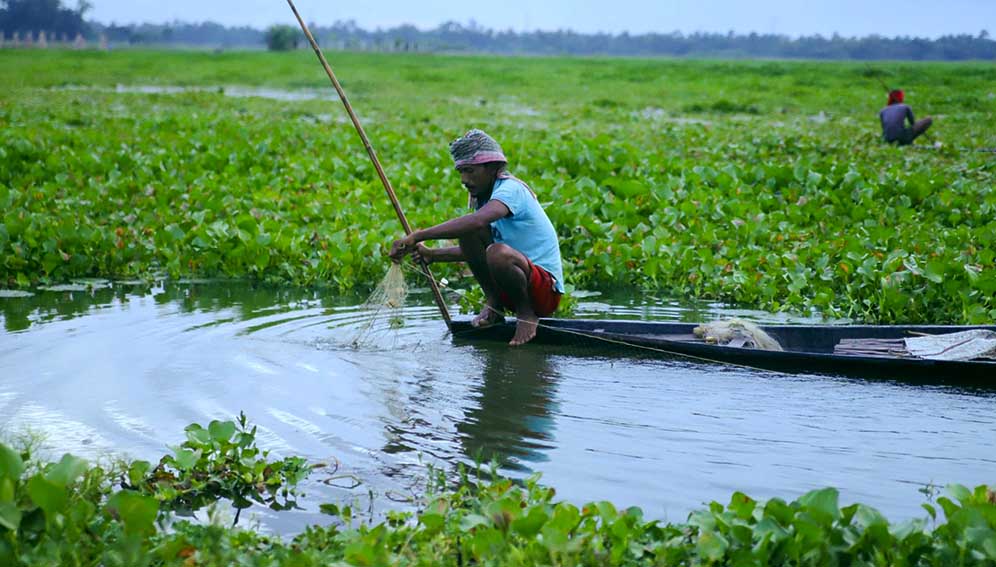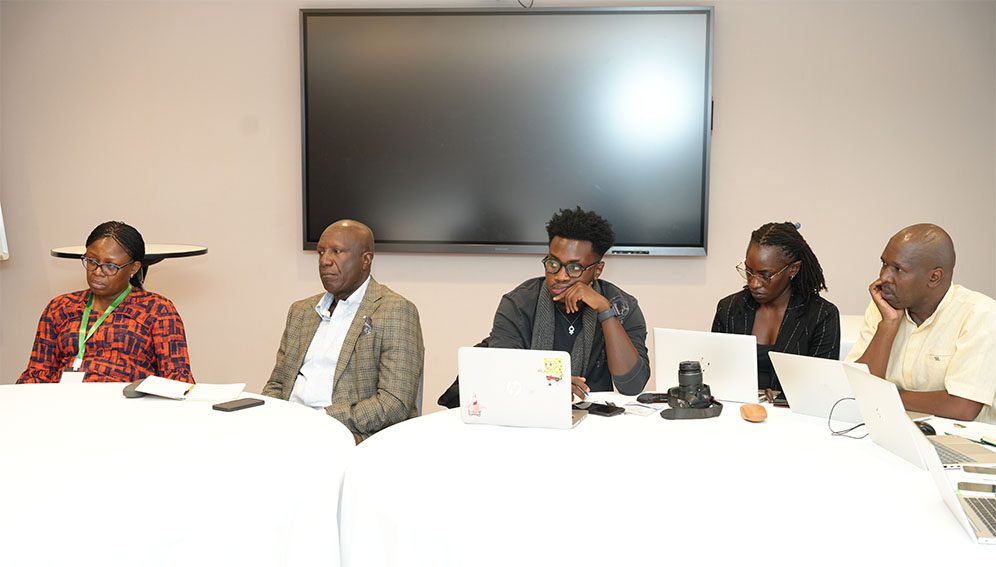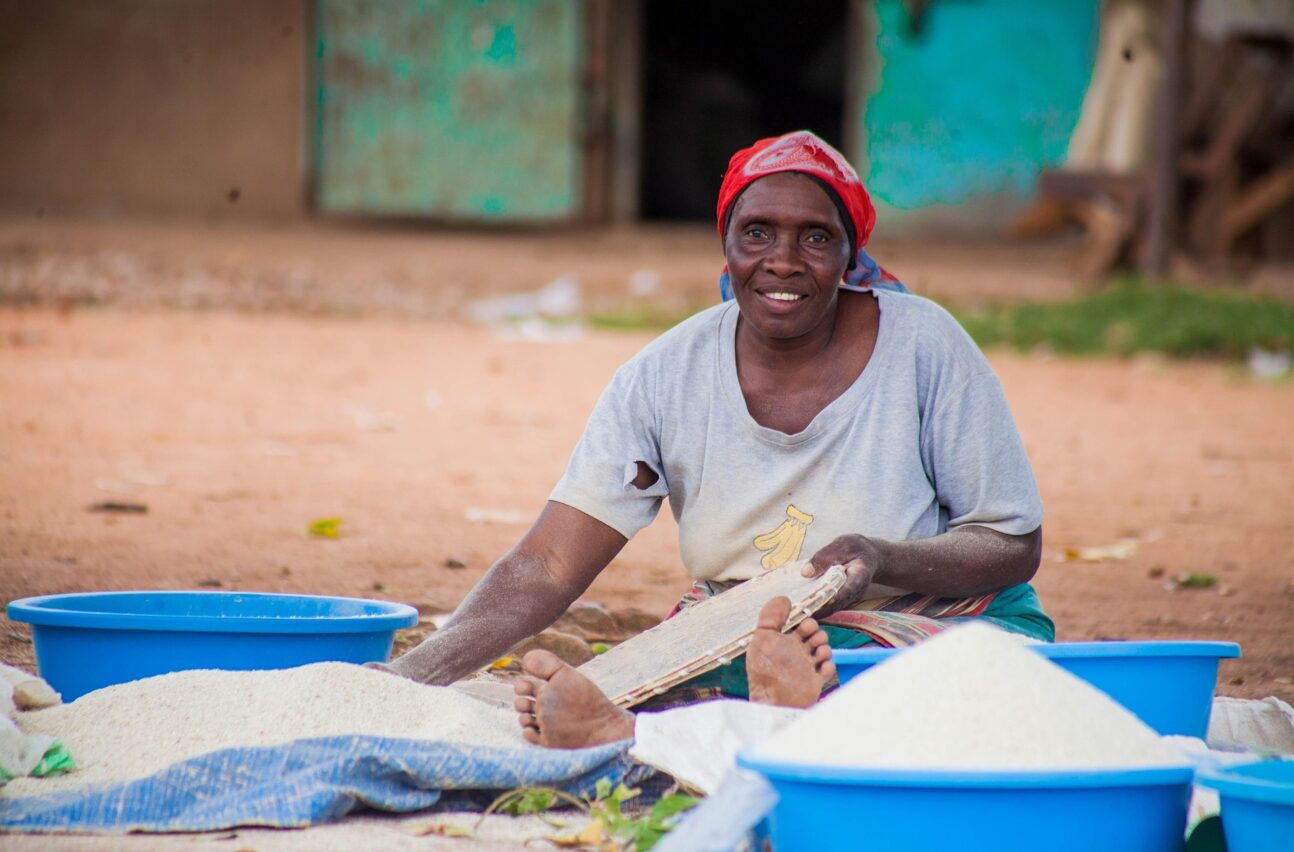SGCI News
Only a quarter of PhD graduates in Uganda in the last ten years have been women Reforms are needed to encourage the inclusion of women in science, technology and innovation…
| Only a quarter of PhD graduates in Uganda in the last ten years have been women |
| Reforms are needed to encourage the inclusion of women in science, technology and innovation (STI) |
| Private investment in ITS financing must be encouraged |
[KAMPALA] According to one report, urgent action is needed to improve the inclusion of women and funding for science, technology and innovation (STI) research to accelerate Uganda’s transition to middle-income status.
The report, entitled Research findings in Uganda, was released on June 21 to coincide with the meeting of the Scientific Research Granting Agencies Initiative, which aims to strengthen the potential of public science funding agencies in sub-Saharan Africa.
The report highlights problems such as the gender gap in access to higher education and insufficient funding for STI.
” Between 2010 and 2020, less than a quarter (24%) of Ugandans who obtained a PhD were women “, according to the report.
He adds that science, technology, engineering and mathematics education in Uganda is dominated by men, and that this needs to change.
Decision-makers recognize that science and technology have a fundamental role to play in Uganda’s development.
Monica Musenero Masanza, Uganda’s Minister of Science, Technology and Innovation, who launched the report, said the country was committed to ensuring that research plays a leading role in the fight against poverty.
She called for systems to be put in place to ensure that research contributes to sustainable development.
” Publishing your research in a top scientific journal is not science [si cela ne profite pas aux nations] “, she felt.
” Science is supposed to help nations fight poverty and underdevelopment. “
” Anything that doesn’t contribute to achieving national and continental goals to eradicate poverty and fight underdevelopment doesn’t help us at all. “
“Accelerated reforms
Martin Ongol, Acting Executive Secretary of the Uganda Council for Science and Technology (UNCST), writes in the report, “STI education reform, inclusion of women, diversification of research funding options, utilization of research results by the private sector and mobilization of collaboration among researchers are some of the key factors that need to be fast-tracked.”
However, a number of initiatives designed to promote the inclusion of women in the world of research are also highlighted in this report.
In 2019, UNCST and the UK-based International Science and Policy Advocacy Network set up the Gender Equity in Research Alliance (GERA).
GERA has had non-governmental organization status since 2021, and currently has members in 70% of Uganda’s universities.
The report, which points to a number of challenges and solutions related to investment in STI research, adds that Uganda’s publicly-funded research budgets are still “largely overseen from abroad “.
” New direct and/or indirect research funding models need to be explored, to encourage private sector players to invest in research “, according to the report.This work was funded by the International Development Research Centre in Ottawa, Canada. The opinions expressed are not necessarily those of the Centre or its Board of Governors.
Related News
Unlocking stronger food systems with African research
[SciDevNet] The 2025 Global Food Policy Report warns that the world could be heading toward another major food crisis. For Africa, the warning is especially urgent. Across the continent, food systems are under pressure from climate change, economic shocks, and political instability. These overlapping challenges…
Invasive lake weed turned to clean energy in Ethiopia
[ADDIS ABABA, SciDevNet] For years, Fentie Wabi worked as a fisherman on Ethiopia’s Lake Tana, until an aggressive green invader changed everything. Water hyacinth, a fast-spreading aquatic weed, began choking the lake that had sustained his community. “As the weed expanded, we couldn’t ride our…
Commercializing Research and Innovations through Public- Private Partnerships
African countries are making progress towards the Sustainable Development Goals (SDGs). Over the past years, innovation and research capacities have grown across the continent. However, the commercialization of these innovations remains a major challenge. How can African countries best turn research into real-world products and…
Research and Resources
SGCI funded projects
Zambia’s top researchers pioneer solutions for climate resilience, food security, economic growth
Project Titles & Institution Areas of Research Number of Projects being funded Project Duration Grant Amount In-Kind Distribution Council Collaboration with other councils





